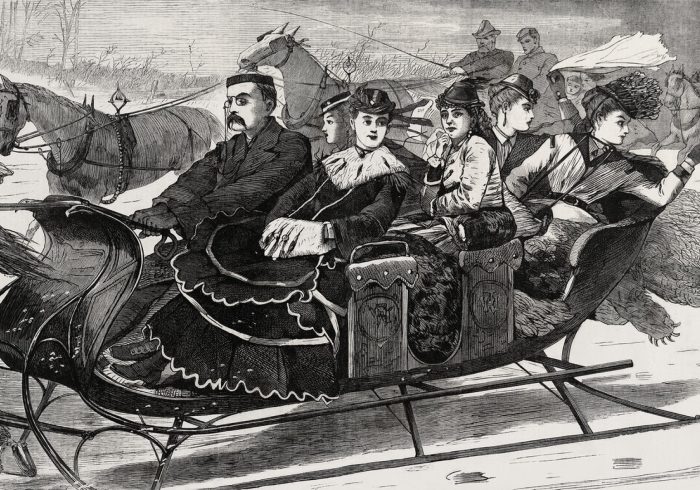Missouri, known for its passionate sports fans, is making significant strides towards legalizing sports betting within its borders. In recent developments, two new bills have been introduced in the state legislature, aiming to regulate and legalize this popular form of gambling. If passed, these bills could potentially bring about a new era of sports betting in the Show-Me State.
The first bill, known as Senate Bill 256, was introduced by Senator Denny Hoskins. This legislation seeks to authorize sports wagering both online and in-person at licensed facilities. Under this bill, the Missouri Gaming Commission would be responsible for overseeing and regulating the industry, ensuring fair play and consumer protection.
The second bill, House Bill 730, was introduced by Representative Wes Rogers. This legislation also aims to legalize sports betting but takes a slightly different approach. It proposes the creation of a new division within the Missouri Lottery Commission to oversee sports wagering activities. This division would be responsible for issuing licenses, collecting taxes, and enforcing regulations.
Both bills share a common goal of legalizing sports betting, but they differ in terms of who would be responsible for regulating the industry. While Senate Bill 256 places the authority with the Missouri Gaming Commission, House Bill 730 suggests entrusting the task to a new division within the Missouri Lottery Commission.
Proponents of these bills argue that legalizing sports betting would generate substantial revenue for the state. Currently, many Missourians engage in illegal sports betting through offshore websites or underground bookies. By legalizing and regulating the industry, the state could capture a significant portion of this revenue and redirect it towards essential public services such as education and infrastructure.
In addition to the economic benefits, supporters of these bills also highlight the potential for job creation. Legalizing sports betting would open up opportunities for new businesses to enter the market, including online platforms and brick-and-mortar sportsbooks. These establishments would require staff members to handle operations, customer service, and compliance, thereby creating employment opportunities for Missourians.
However, as with any form of gambling, there are concerns regarding the potential negative consequences of legalizing sports betting. Critics argue that it could lead to an increase in problem gambling and addiction rates. To address these concerns, both bills include provisions for responsible gambling measures, such as self-exclusion programs and funding for problem gambling treatment.
Another aspect that needs careful consideration is ensuring the integrity of sports competitions. To prevent any potential corruption or match-fixing, both bills include provisions for strict regulations and monitoring mechanisms. These measures would help maintain the integrity of sports events and protect the interests of both bettors and athletes.
The introduction of these two bills marks a significant step forward in the legalization of sports betting in Missouri. However, it is important to note that the legislative process can be lengthy and complex. The bills will need to go through various committees, debates, and potential amendments before they can become law.
If passed, Missouri would join a growing number of states that have embraced sports betting following the Supreme Court’s 2018 decision to overturn the federal ban on the activity. Currently, over 20 states have legalized sports betting in some form, with many experiencing positive economic impacts as a result.
As the debate unfolds in Missouri, it is crucial for lawmakers to carefully consider the potential benefits and risks associated with sports betting. Striking the right balance between regulation, consumer protection, and revenue generation will be key to ensuring a successful and responsible sports betting industry in the state.




